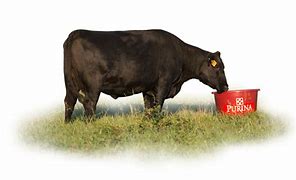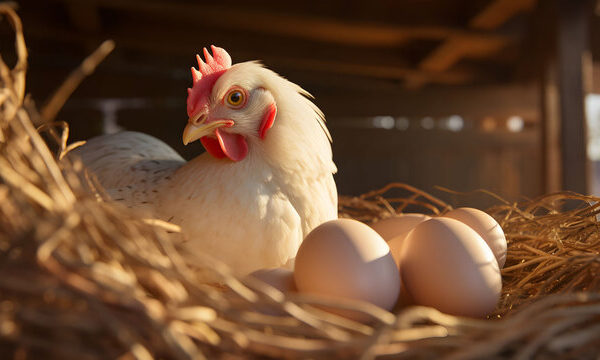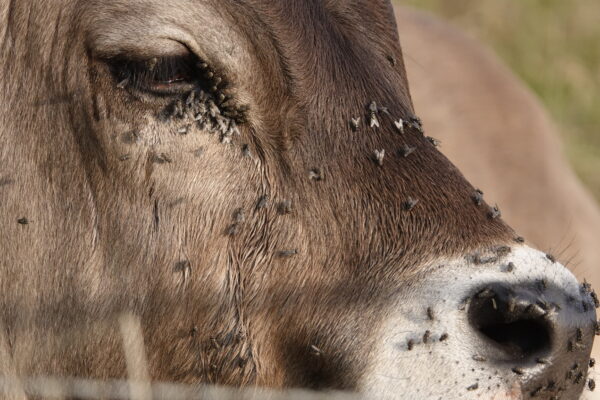Our employees are up to some pretty amazing things! Aly Dieball Sales Nutritionist Aly and her family’s farm, Dieball Dairy were featured in Continue Reading
News
Munson Lakes Nutrition hosts U.S. Senator of MN, Amy Klobuchar
On Tuesday, April 15 Munson Lakes Nutrition had the honor of hosting U.S. Senator for MN, Amy Klobuchar, MN Commissioner of Ag, Thom Peterson, Continue Reading
Sorting Through Cattle Mineral Options
Selecting the right cattle mineral can be overwhelming. But it doesn't have to be with these 4 considerations: 1. Define your current cattle Continue Reading
The Munson Minute…Cleaning My Ritchie Waterer
http://www.tiktok.com/t/ZP8LqnjSy Watch this video to see how Sarah cleans her Ritchie waterer in preparation for winter. The Country Store carries Continue Reading
Top 10 reasons your chickens might stop producing eggs
Benefits of Electric Fencing
Electric fencing is a versatile, reliable, cost effective way to control animal movement and manage pasture. This includes: At a basic level Continue Reading
What Are Inoculants and Why Do You Need Them?
What is an inoculant? An inoculant is a micro-organism that is applied to the soil or plants to improve health and productivity. Inoculants must be Continue Reading
What’s the Buzz?
Did you know that just a few adult flies can quickly populate to 4,000 or more? Fly control is critical to cattle and your bottom line. When Continue Reading
How to Check Your Automatic Waterers Before Winter
It’s important to ensure your cattle have access to adequate, clean drinking water. Considering that water is the most essential nutrient to your Continue Reading









